 A new Trojan quietly circulating in the wild uses components from a commercial optical character recognition (OCR) application to decode captchas, those jumbled-text images meant to help a website discern human activity from automated bots.
A new Trojan quietly circulating in the wild uses components from a commercial optical character recognition (OCR) application to decode captchas, those jumbled-text images meant to help a website discern human activity from automated bots.
The OCR-using captcha breaking tool is just one component of the Trojan. Its main purpose appears to be to fill out contest entries, online polls, and other forms relating to marketing campaigns originating in the US, and it uses the OCR-cracking software in order to read the captchas and submit the form entries, on pages where the website presents a captcha to the user.
And this is not just any captcha-cracka, but a Swiss Army Knife of sorts. The maker of the “Advanced Captcha Recognition Engine” tool, based in China, claims that the tool is capable of bypassing more than 30 different captcha systems, including those used by Yahoo, MSN, and some of the largest portal sites and banks in China.
 The captcha decoding tool itself is a kludge, marrying some bespoke files and components expropriated from an older version of a commercial optical character recognition (OCR) suite called TOCR. The UK-based company that makes the TOCR software, Transym Computer Services, also licenses its components to third parties, though it’s not clear they knowingly have a relationship with the Chinese captcha cracker maker, nor were they aware that parts of their engine was repurposed for sale to Chinese malfeasants. The files appear to have been stolen or pirated, and used without Transym’s knowledge.
The captcha decoding tool itself is a kludge, marrying some bespoke files and components expropriated from an older version of a commercial optical character recognition (OCR) suite called TOCR. The UK-based company that makes the TOCR software, Transym Computer Services, also licenses its components to third parties, though it’s not clear they knowingly have a relationship with the Chinese captcha cracker maker, nor were they aware that parts of their engine was repurposed for sale to Chinese malfeasants. The files appear to have been stolen or pirated, and used without Transym’s knowledge.
















































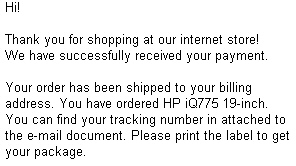
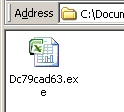 But these new versions appear to come directly from an online retailer, with attached files in the form of a zip archive containing an executable with an icon that makes it look like an Office document, such as an Excel spreadsheet. These email messages also imply that the document contains tracking information, but they give the user an extra nudge to open the file by telling the user to “print the label to get your package.”
But these new versions appear to come directly from an online retailer, with attached files in the form of a zip archive containing an executable with an icon that makes it look like an Office document, such as an Excel spreadsheet. These email messages also imply that the document contains tracking information, but they give the user an extra nudge to open the file by telling the user to “print the label to get your package.”














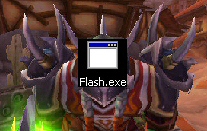
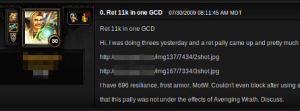












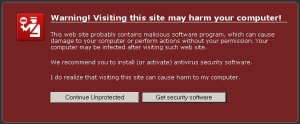
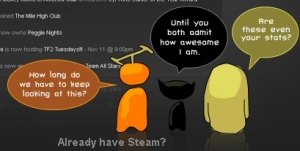
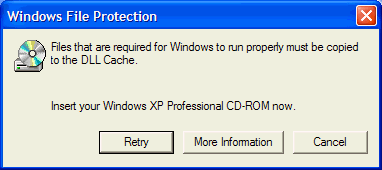 When the threat research analysts here at Webroot recently started seeing malware swapping out legitimate components of Windows and replacing them with malware payloads, I couldn’t help but wonder what these malware authors were thinking.
When the threat research analysts here at Webroot recently started seeing malware swapping out legitimate components of Windows and replacing them with malware payloads, I couldn’t help but wonder what these malware authors were thinking.